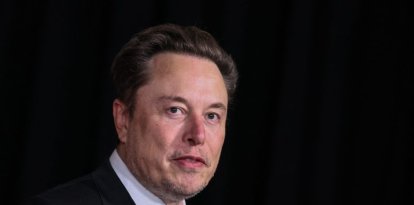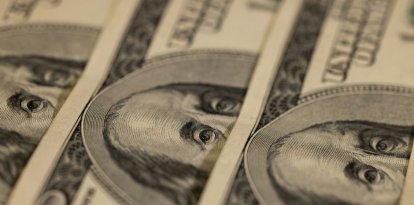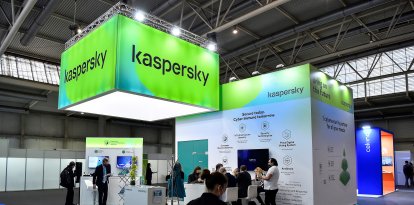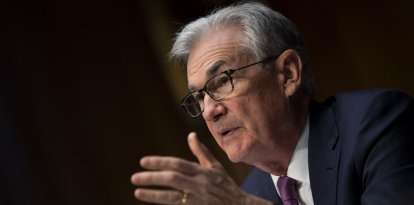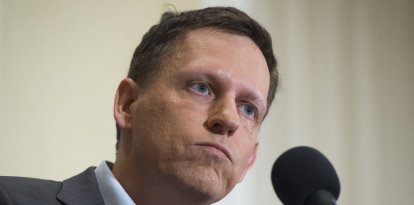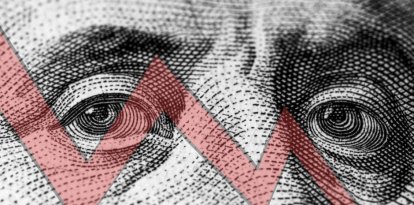Germany closes its last three nuclear power plants
The majority of Germans, 59%, are against this measure which was adopted by Angela Merkel in 2011.
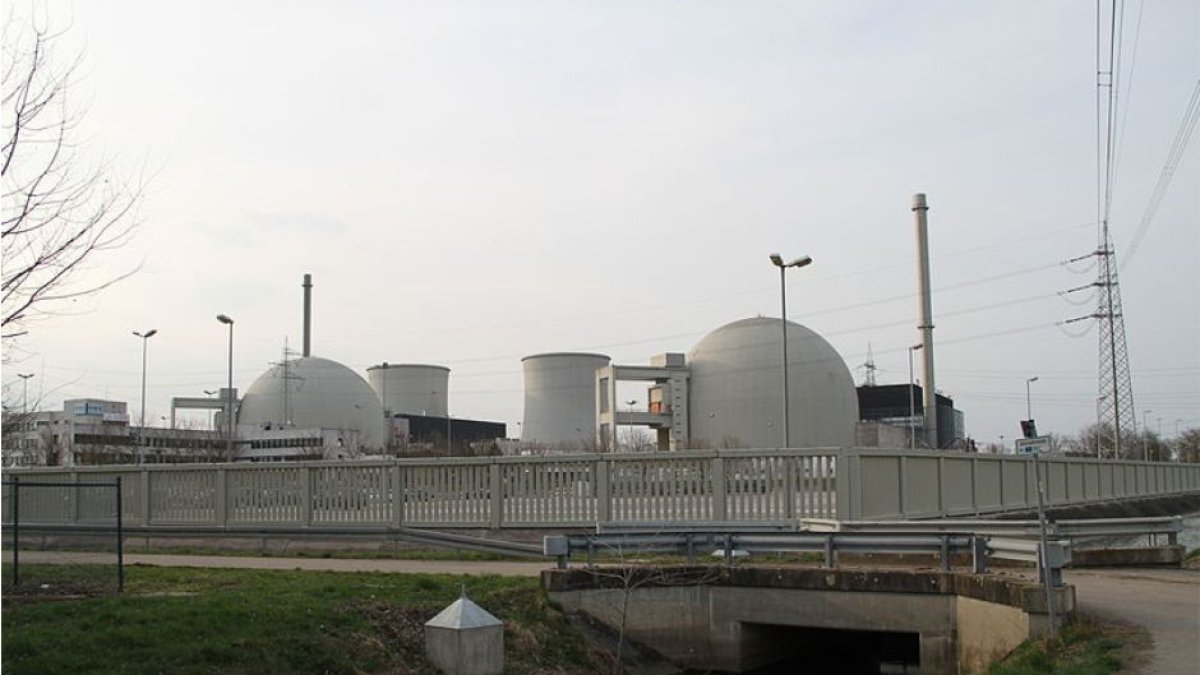
Wikimedia Commons
After a long debate and in the midst of an unprecedented energy crisis, mainly caused by the war in Ukraine, the Berlin government decided on Saturday to shut down the last three nuclear power plants still operating in the country. The Isar 2, Neckarwestheim 2 and Emsland reactors in western and southern Germany generate approximately 5% of the country's electricity. Despite protests from the opposition, the Ministry of Economy has reiterated that there will be a stable energy supply thanks to renewable energies. The then-Chancellor Angela Merkel made the tough decision to abandon nuclear power in 2011 after the accident at the Japanese Fukushima power plant, despite the fact that these German facilities do not present any technical problems. In fact, the official closure of these reactors was scheduled for 2034, 2035 and 2036. The three nuclear power plants are scheduled to be shut down shortly before midnight local time this Saturday.
The shutdown was initially scheduled for December 31 last year, but the coalition government (Greens, Liberals and Social Democrats) led by Olaf Scholz decided to delay it after stress tests on the German electricity system revealed vulnerabilities in the run-up to winter. German Environment Minister Steffi Lemke gave a statement on Saturday. "Today in Germany the last nuclear power plants are shut down. The decision was taken by consensus in the Bundestag and by several governments. It is a good and wise decision because it makes our country safer," said Lemke, who belongs to the Green party.
Opposition from the people and from the government
Germans don't seem to be as sure as the minister. A poll published this week on German public television shows that 59% of citizens want to continue using nuclear energy and only 34% agree with the decision. By age, support for Scholz's measure is strongest among Germans between 18 and 34 years old, the only ones who have caught on to the environmentalist message, with 50% support. All age ranges above 35 are against closing nuclear power plants. Both the people and the government are divided on this issue. The current German government is made up of the Social Democratic Party (SPD), the liberal FDP and the Greens, forming what is popularly known as the Traffic Light coalition, due to the red, yellow and green colors that are associated with each party. The SPD and the Greens are in favor of ending nuclear power while the Liberals are opposed and have called for a moratorium.













